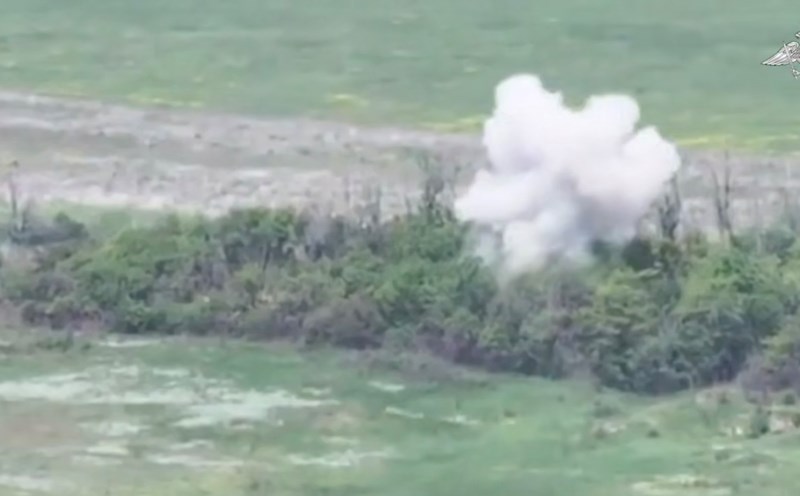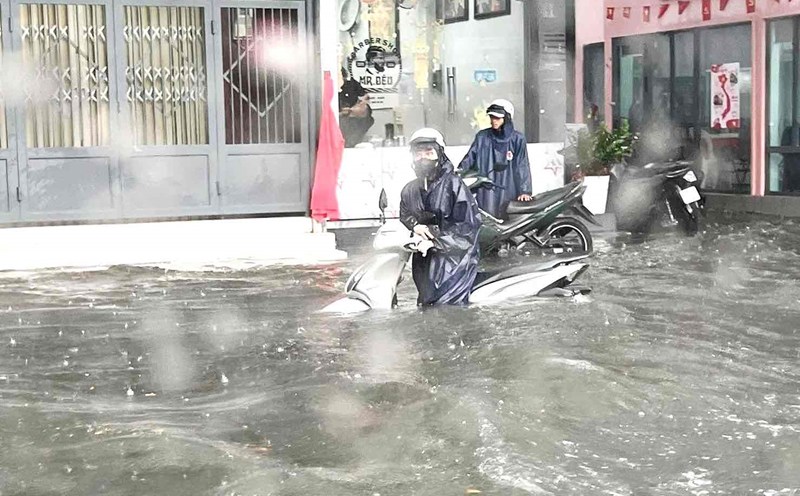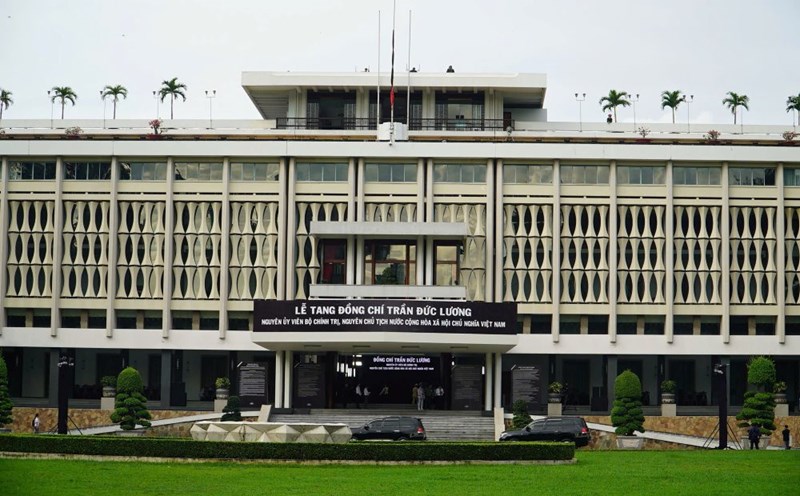Ukraine's capital Kiev suffered a large-scale attack by unmanned aerial vehicles (UAVs) and Russian missiles in the early morning of May 24, just hours after the two sides conducted the first phase of a large-scale Prisoner exchange.
The attack forced many people to take shelter in underground metro stations and caused damage in many areas of the city.
According to Mr. Tymur Tkachenko, the leader of the Kiev military agency, debris from the missiles and UAVs shot down fell on at least 4 districts of the city. In Solomianskyi district, the attack triggered two fires and six people need medical attention.
Vitalii Mayor Klitschko had warned Kievans about more than 20 Russian UAVs heading towards the city. When the attack occurred, he said debris from the UAV fell on a shopping mall and a residential building in the Obolon District. Rescue forces quickly arrived at the scene.
Notably, the attack came just hours after Russia and Ukraine completed the initial phase of a Prisoner Exchange Agreement signed in Istanbul on May 16. This is a rare step of cooperation between the two sides in the context of efforts to achieve a ceasefire that have not yet yielded results.
During the exchange on May 23, each side released 390 people, including soldiers and civilians. Russian prisoners were taken to Belarus for medical treatment, while Ukrainians were taken across the country's northern border. Many relatives brought photos and names of their family members to the reception area, hoping to find information about the missing person.
Ukrainian President Volodymyr Zelensky said the next releases would take place over the weekend, making it the largest Prisoner exchange since the conflict began. Meanwhile, the Russian Defense Ministry confirmed it would also receive the same number of prisoners.
However, this exchange does not mean that the fighting will stop. The fighting continues along the front line, about 1,000 km long. Both sides showed no signs of slowing down attacks deep into the opponent's territory.
Turkish Foreign Minister Hakan Fidan called the Prisoner Exchange Agreement a trust-building measure and said the parties had agreed in principle to meet again. However, according to Kremlin spokesman Dmitry Peskov, there is still no consensus on the location for the next round of talks.
Russian Foreign Minister Sergey Lavrov said Moscow would send Ukraine a draft document on the conditions for a "sustainable, long-term and comprehensive" peace deal after completing the exchange of prisoners.
Meanwhile, many European leaders believe that Russian President Vladimir Putin's delay in peace efforts is to increase his advantage on the battlefield.











